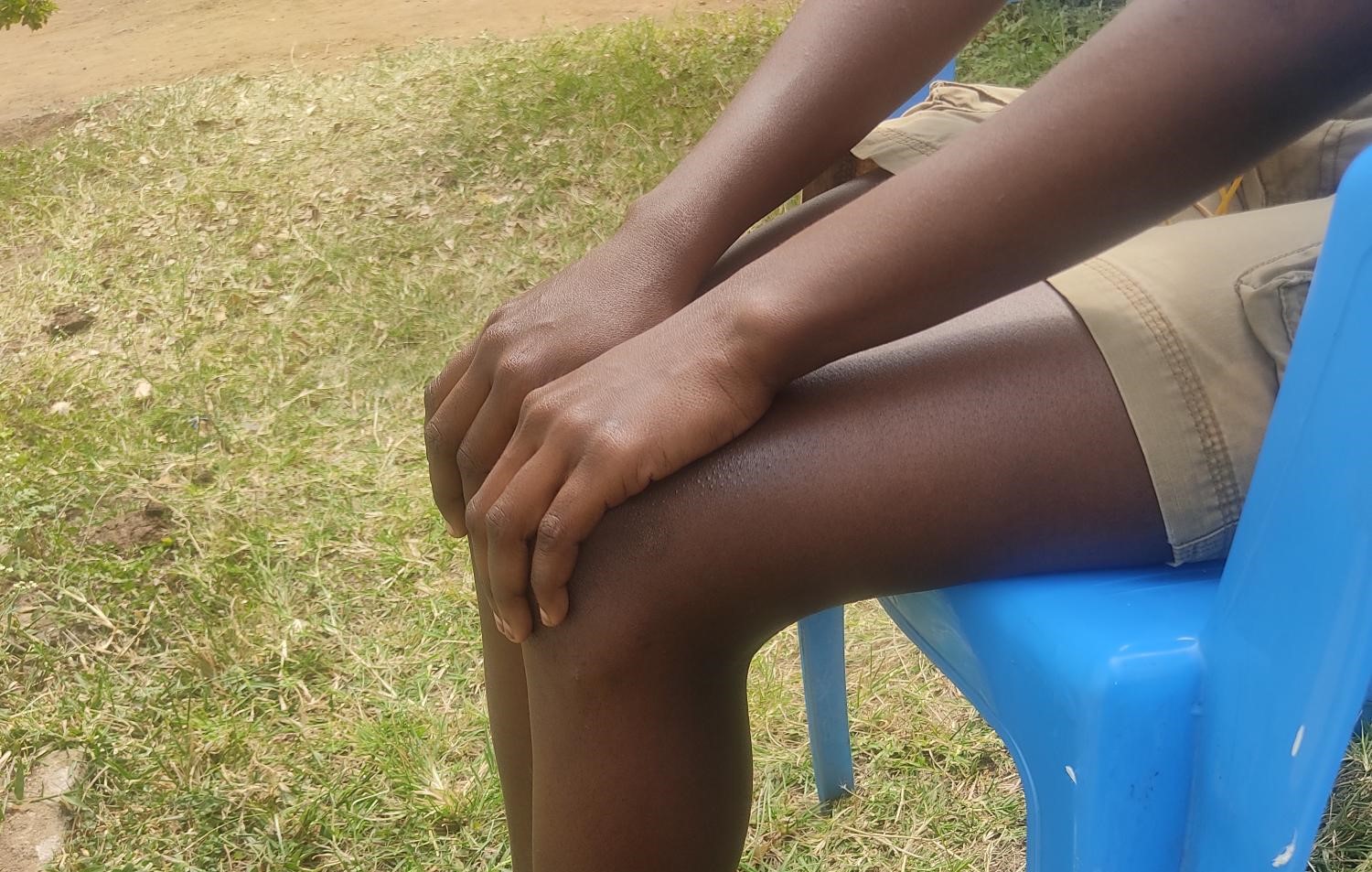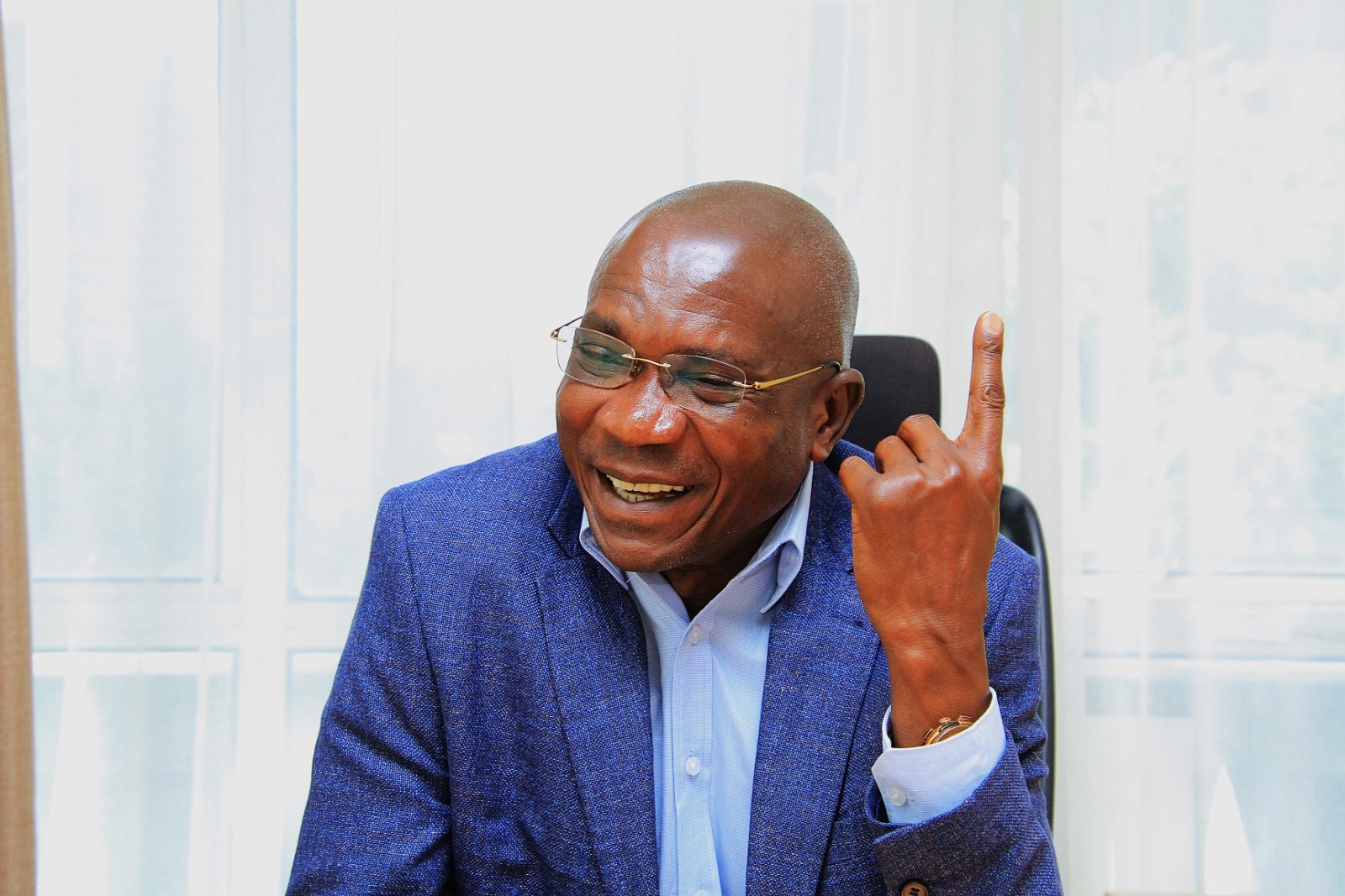

Young women seeking contraception services in public hospitals are often met with rude statements that keep them off.
For example, “Unamalizia wamama dawa. Familia gani msichana mdogo kama wewe anapanga? (You are finishing medicine for mothers. Which family is a young girl like you planning?)”
This is despite the government publicising family planning services as free of charge in public hospitals.
June Zomo* (not her real name) was publicly humiliated by a medic at a public hospital in Nairobi, when the nurse loudly asked her when she last had her periods and why she was sexually active.
The humiliation permanently drove her out of the public hospital to a private facility.
Unfortunately, the then 19-year-old girl became pregnant. But how did this happen despite being on pills?
“I asked myself this question over and over again. Until I went to a different clinic and was asked to bring the medicines on the next visit,” Zomo says.
Upon examination, the nurse said the pills could not serve their purpose.
Distraught, Zomo almost sunk into depression. Being pregnant meant she had to drop out of school to do menial jobs, such as washing clothes and cleaning houses for Somali women in Eastleigh, to take care of herself and her child.
“I could not continue with my education and every day, I have to make the hard choice of either giving up or working hard to provide for my child,” she says.
Zomo lives in a mabati structure in Mathare 4B. To do the jobs, she has to look for a volunteer to take care of her child. And on days she does not get one, it means they go hungry.
“Life has not easy because even Eastleigh is a gamble. You are not guaranteed a job, and most of the people who are available to take care of your child for free are drunkards or hooked on drugs. But what choice do I have?” she asks.
“It further pains me that this could have been prevented had I been served well in the public hospital and not driven to a facility offering substandard family planning pills.”
A study by the Kenya Legal and Ethical Issues Network found disturbing trends of verbal and physical abuse of teenage mothers aged between 15 and 19 in hospitals.
The report, released last week, says older mothers, unlike their younger counterparts, are ignored by nurses and subjected to pain to “teach them a lesson”. “Adolescent mothers face unique challenges, including a higher risk of mistreatment and abuse during facility-based childbirth, compared to adult mothers,” it notes.
“This increased risk is likely due to their intersecting identities.”
The most affected are girls from informal settlements and rural areas, especially those with little or no formal education.
COST OF IGNORANCE
For May James*, life was equally shattered when she became pregnant. Her boyfriend not only abandoned her but also infected her with HIV.
James, who became sexually active while still in high school, became suicidal, knowing how tough life would be after she fell pregnant.
Not knowing what to do, the orphaned girl, aged 19 at the time, turned to a friend, who referred her to Rabuor Subcounty Hospital in Kisumu county.
“My mother died when I was only six years old, and my father when I was in Form 2, leaving my brother and I under the care of our grandparents,” she says.
At Rabuor, James was immediately put on ARVs and a counselling programme. “It is unfortunate that I did not know much about contraceptives until I came into this facility,” she says.
The hospital medics first gave her lessons on how to take care of herself during pregnancy. Then as time progressed, they took her through lessons on different methods of family planning.
Rabuor Subcounty Hospital is one of the many facilities across the country that have partnered with Marie Stopes International to educate and empower young women on safe sex and the use of contraceptives.
Emily Omedo, the nurse in charge at the hospital, says the high number of teenage pregnancies previously reported in the area informed the partnership.
“In 2022, Kobura ward, where Rabuor Subcounty Hospital is, had the highest number of teenage pregnancies in Kisumu county. This triggered an alarm,” she says.
FINDING A SOLUTION
The hospital held consultations with parents, teachers and government officials. This informed its decision to establish a Youth and Adolescent Centre.
It then created awareness in the villages and set aside a special corner for the centre, which now conducts counselling services every Wednesday morning.
“We put up a signpost at the entrance to attract clients, but we conduct the sessions privately because youths and adolescents are very delicate people,” Omedo says.
“If you want them to open up, you first must create a secure and comfortable environment.”
Apart from counselling, the hospital also gives the youth different types of contraceptives, post-abortion care, pre-exposure prophylaxis and anti-retroviral medicines.
Some of the contraceptives include implants, intrauterine devices, injections, pills, vaginal rings, condoms, tubal ligation and vasectomy.
Omedo says pills and injectables are the most consumed forms of contraceptives among the youths visiting the centre.
“Those who are below the legal age of acquiring the services have to get consent from their parents,” the medic says.
The hospital staff was trained on how to administer different forms of contraceptive.
Marie Stopes also provided the hospital with instruments and supplies used to administer IUDs, such as a speculum, tenaculum, uterine sound, antiseptic solution and the IUDs.
“Before this project, we only had one medic who had the skills to administer the IUD, and this led to long queues that made many clients turn back,” Omedo says.
“The challenge with this was that there was a very high possibility that the client will come back pregnant.”
The medics were also given skills on how to handle youths and adolescents. Some of the young women who have successfully undergone the counselling programme are also turned into peer counsellors and are earning stipends.
“We realised some unfriendly language used on the youths seeking family planning services also made them shy away,” Omedo said.
Such language, she said, included asking, for example, “Kwani wewe pia ushaanza hizi vitu? [You mean you have also started having sex?]”
LAWMAKERS DIFFER
The Kenya Demographic Health Survey says more unmarried women use contraceptives compared to their married counterparts aged between 15 and 49.
The report also shows a decline in the rate of unmet need of family planning, putting it at 15 per cent among women aged between 15 and 49.
The United Nations Populations Fund says barriers to access to family planning include cost, access to facilities, politics, culture, religion and provider hostility.
Misconceptions, and unclear policy documents on service delivery, such as service provision to sexually active adolescents, have also been cited as some of the barriers that continue to underpin an individual’s choice of use of contraceptives.
While the constitution guarantees the right to the highest attainable standard of health, which includes reproductive healthcare, it is silent on contraception provision to minors.
The National Adolescent Sexual and Reproductive Health Policy suggests the need for parental or guardian consent for minors seeking contraceptives.
Experts, including lawmakers, have also differed on the issue.
Nairobi Woman Representative Esther Passaris has openly advocated for putting sexually active young girls on contraceptives.
In 2019, she openly admitted to putting her 16-year-old daughter on contraceptives.
She said her move was not to encourage her daughter to engage in sexual activities but to ensure she did not get pregnant at an early age.
"Her friends were already having sex. I had it at a later age, my mother didn't know about it and at the end of the day, I felt that it was important to take my daughter to a gynae,” Passaris said back then.
She urged parents to be realistic and understand that their children might be engaging in sex.
Her counterpart, Suba MP Millie Odhiambo, however, says contraceptives should be given to young girls of legal age, which is 18.
She attributed the poor treatment of young girls seeking contraceptives in public facilities to the scarcity of the services and unempowered human resources.
“Denying an 18-year old girl contraceptive is like denying Millie Odhiambo contraceptives. Now why would a trained medic with my proper medical history deny me contraceptives?” she asks.
In 2023, the then Health CS Susan Nakhumicha said she would not issue contraceptives to underage girls
The CS said by virtue of her faith, which teaches abstinence, young people should be taught to abstain.
As the debate on issuing contraceptives to girls rages on, more young women are subjected to untold suffering of having to drop out of school and take care of children born on unplanned pregnancies.
Meanwhile, Rabuor is already experiencing a decline in the number of new teenage pregnancies. Omedo credits this development to the counselling programme at the youth centre.
The nurse in charge says the hospital, which previously only received one or two people seeking family planning services per day, now sees at least 40 youths a week.














